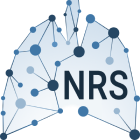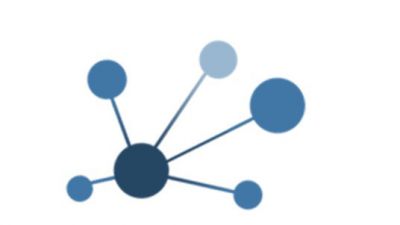About The Netherlands Respiratory Society
History
The NRS was founded on 19th March 2009 with the aim to form a platform and provide coordination for respiratory research in the Netherlands. Clinical and basic research into respiratory disorders in the Netherlands involves researchers from a variety of research disciplines, including clinical researchers (such as pulmonologists, ENT specialists, allergologists, and paediatricians), basic scientists (including cell biologists, immunologists, pharmacologists, geneticists and epidemiologists), and researchers active in health care and human technology assessment research.
Mission
The mission of the NRS is to use basic, clinical, and translational research to reduce the burden and prevent the development of respiratory diseases. This includes all respiratory diseases, both common diseases such as asthma, COPD and lung cancer, as well as rare diseases such as cystic fibrosis, pulmonary hypertension and interstitial lung diseases. The NRS aims for:
- optimal interaction between researchers in the Netherlands across disciplines
- high-quality training of researchers
- advocacy for research funding
Vision
In several research areas magnificent lung research is being conducted in the basal and clinical field. This is also evident from international ratings where several fields of research are highly listed (according to van Raan analysis, the Dutch lung research performs above world average). On the other hand, there is only little collaboration in pulmonary research in the Netherlands, both within the research institutes as well as between research disciplines. It seems that there is too little awareness in the Netherlands of the fact that scientific breakthroughs, in particular, can be achieved through closer cooperation. The goal of the NRS is to promote and optimize such cooperation within and between Dutch research institutes.
Compared with other areas of research, there is only little money available for lung research from charities, government, and European research funding. Lung Research is also insufficiently visible and the attention that it receives is not related to the severity of the various lung diseases. The NRS strives to create more attention for lung research from society, politics and finance, given the serious physical, psychological, social and economic impact of lung disease.
Strategy
To achieve its goals, the NRS will use:
- scientific meetings, to be organized at least once every year
- training of researchers: organisation of a yearly educational meeting
- task forces to facilitate collaborations between researchers from various disciplines and institutes on a topic
- advocacy to increase visibility of the outcomes of respiratory research for the general public and policy makers, and to increase funding opportunities for respiratory research


